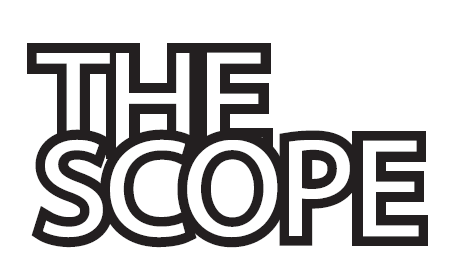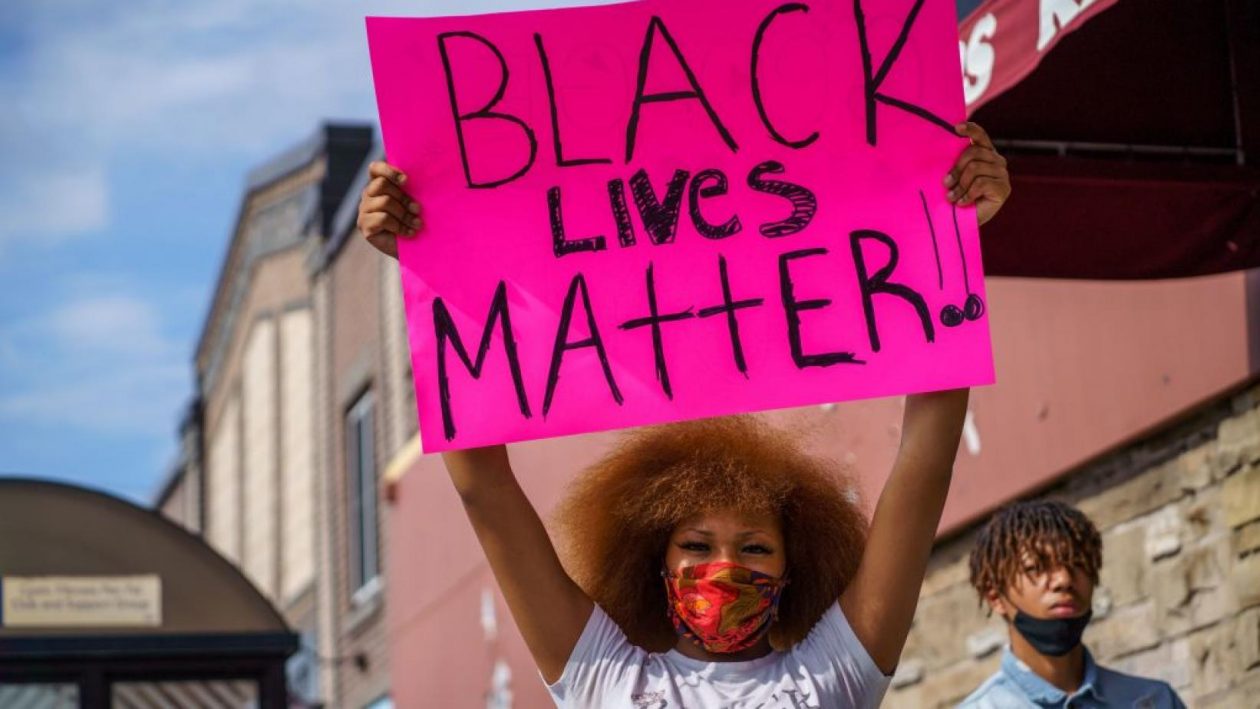“A riot is the language of the unheard.” Martin Luther King Jr.
There seems to be no end to the violence we have seen in the world in the past year; saturated with sadness, anger and confusion. Recently it seems that we cannot go a day without some amount of bad news on our screens. Mid-May 2020 sees us into nearly four years of Trump’s Presidency and at least two months since the COVID-19 outbreak was declared a pandemic. The tragic death of George Floyd on May 26th has created the ripple effect from Minneapolis globally with the ongoing protests and unrest happening just about everywhere.
While the majority of these protests remained peaceful, some demonstrations in the country spiralled into riots and widespread looting; paired with notable police brutality, particularly against protesters and reporters.
In the UK, thanks to the ECHR, our right to free speech is highly valued, something many of us take for granted, giving us the privilege to raise our voices when we need to be heard and the opportunity to protest when we disagree with the things happening around us. However, these rights can raise issues around blurred lines, when does free speech turn into hate speech or a peaceful protest turn into a riot?
If we go on a trip back in time and take a look through in history. We can look at key peaceful protests and political activism in regards to their approaches or their intentions. They inspire us, and sometimes can’t help but admire their strength, bravery and resourcefulness in the face of adversity. The Women’s Suffrage Parade of 1913, Martin Luther King Jr.’s March on Washington and the People’s Climate March of 2014 are some noteworthy examples of how people learnt to use the power of their voice to their advantage and spoke for the people.
If we take a look at some more recent, and contrasting examples of protesting we can see just how they can differ. Ranging from Colin Kaepernick’s national anthem protests to the recent protests against the COVID-19 lockdown, really do seek the approach for the difficult question; which is most effective? what makes a protest effective? when is a destructive protest justified? These polar opposite examples of how people have utilised their right to free speech, but both got such different reactions and respect from the public. So, let’s look into rioting as a whole.
First, we need to think about why people riot. No reasonable person condones violence or arson, even when emotions are high and their anger is valid. Riots give people the opportunity to express themselves or what they’re fighting for. If we think about its surface level, yes riots are filled with anger and injustice. But, deeper than that, people are suffering and grieving. However, it is good to note that people are suffering and grieving in unity. Within this grievance supplies us, globally, with hope. Hope because thousands of people across the world are courageously risking their lives during a pandemic to stand in solidarity in order to scream in white supremacy’s face. It’s not that I’m saying that rioting is justified, but rather that if we stop solely blocking out the noise and really listen, we actually might hear what these rioters are trying to tell us. As Martin Luther King explained, the limitation of riots, regardless of the moral questions, is that they can’t win, and their participants know it. It involves defeat, creates emotional catharsis and invites futility.
One of the most common critiques of protests reinforced by the media, particularly ones led by people of colour, is that they lack a specific goal (nevermind reinforcing racist stereotypes). People worry that by romanticising and glorifying riots there may be harsh consequences. If you look into the long-term studies on rioting, you’ll find that they say riots do more harm than good on their communities. They don’t reform them. They often initiate a general spike in violent and atavistic crime. Riots tend to prevent the cause getting its rightful attention and diverts people from staying or joining a community. For instance, many people have claimed that if George Floyd were able to see Minneapolis like this he would have been devastated. By these protests not carrying a numbered list of legislative proposals, critics simply dismiss them as juvenile outrage. However, I feel that the argument demanding for civility directly denies them their full fight for rightful justice.
I think we should take gentle care to avoid lumping rioting and rioters and looting and looters into the same boat as protests and protesters. It has to be argued that non-violent protesting, rioting and even looting are all elements on the same political continuum of revolting where chaos, anarchy and lawlessness take place in the form of aimless violence and looting. New knowledge indicates that some of the most disorderly and disruptive behaviour is performed by people with their own agendas or intentions, well-defined from the protesters’. If we understand and are aware of the psychological roots of rioting is not the same as excusing or saying it should be condoned. It isn’t. And it shouldn’t be.
By MEREDITH RAE


